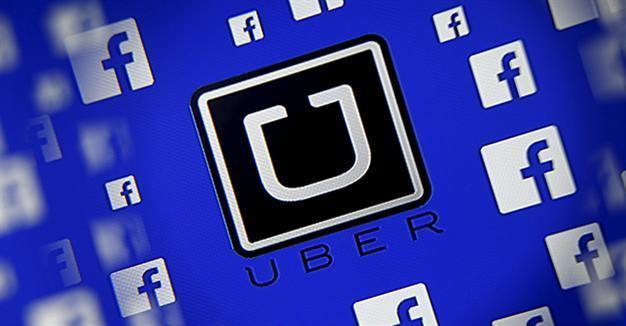Uber faces hurdles in Istanbul
Ahmet Can - ISTANBUL

REUTERS Photo
Uber, an app-based and on-demand car service company, has begun facing problems in Istanbul as around 1,000 vehicle owners stopped working for the company in reaction to the firm’s move to deduct a 25 percent consumer discount from vehicle owners.
The company launched a discount campaign for its service for heavy vehicles, Uber XL, raising the ire of vehicle owners after Uber began passing the costs of the reduction onto them. As such, users are now experiencing problems locating vehicles via Uber.
A number of users rushed to take advantage of the discount, but vehicle owners soon realized that they were earning 25 percent less than before. Some vehicle owners further noted that their losses had reached upward of 45 percent as the company already takes 20 percent of their income per trip. In the meantime, more than 1,000 vehicle owners ceased offering services, they said via Twitter.
Uber Turkey said in a written statement their aim was to increase revenue through the new promotional campaign.
“We saw a dramatic rise in demand just hours after we announced the campaign earlier last week. The hike in consumer demand has already helped vehicle owners earn more. In other countries in which we are active; we have seen such campaigns enable our driver partners to increase their revenue. For instance, after we made a 20 percent discount in our trip fares in New York in 2014, vehicle drivers in the city saw an average 35 percent rise in their hourly income,” said the company.
Uber has already stopped offering UberGo, which offers hatchbacks for sharing, and Uber Black, which enables users to ask for a high-end sedan to their location with seating for up to four people, in Istanbul due to problems.
The company offers three services in Istanbul at present, namely, Uber Boat, UberTaxi and UberXL.
Taxi drivers have protested against the Uber ridesharing car service in many countries, urging authorities to create a legal framework that will create a “level playing field” with taxis and rental cars against ride-sharing companies such as Uber.
